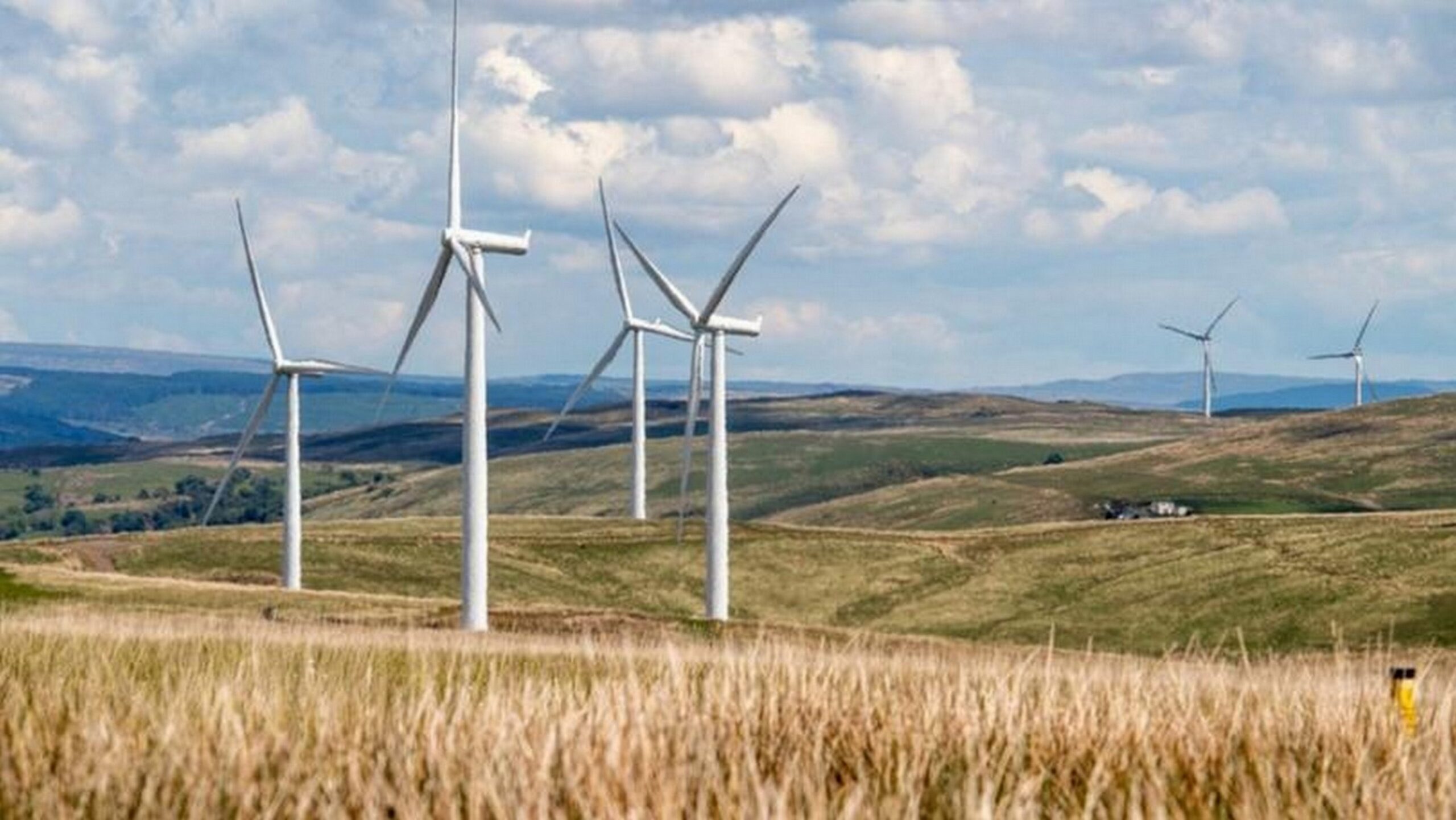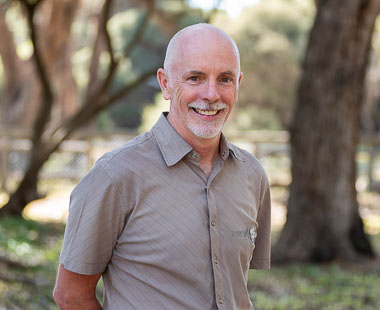Written by: Cameron Weeks | Farm Business Consultant | 0427 006 944
Ever done a deal that you felt was a great one only to find out that others had done an even better deal with the same person or company? And what if it was substantially better let alone that you actually got ripped off?
Grrr!
Wind turbine developers are turning up across much of WA currently battling each other for access to your valuable asset – land! And they are offering a wide range of rates per turbine with commonly offered numbers from as low as $3,000/MW/turbine per year to over $7,000/MW/turbine.
Remember that bad deal – grrr!
These developers range in type from global behemoths acting on behalf of themselves (i.e. BP) to those acting on behalf of others (i.e. Wind Prospects) to those that are really being quite speculative and hoping to secure the rights to your land and then on sell to a developer. Now I am not going to give you all the answers here in this short article (I don’t have them for starters), but I do hope I can provide you with enough information to at least know how to move forward when one (or numerous) comes knocking and hopefully prevent you committing to a deal you later regret.
And remember rule 101 when dealing with not just wind farm developers but mining or oil and gas companies. Sign NOTHING without getting legal advice!
NEVER!!
Why is this happening?
Pretty simple – the planet is now on the clear path to a net zero carbon future and underpinning this path is transitioning electricity generation from being reliant on burning fossil fuels to using renewable energy sources. Developers operating in WA are typically about a) generating renewable energy to put into the grid or b) generating renewable energy to power green hydrogen plants (i.e. BP and Fortescue Future Industries in the Mid-West).
Our location
From the Synergy website – “here in WA, we’re in one of the best locations in the world to harness the power of the wind”. We are a state blessed with sunshine, especially further north, and of course wind. As BP told clients in Geraldton earlier in the year there is no better location on the planet for wind and solar generation than in the Midwest of WA!
Do I have to let the proponent onto my property? Do they have rights over my freehold land?
No, they do not! Don’t let any developer try and convince you that they have some statutory right to your land. Don’t be confused with oil and gas, which are different. In Western Australia, all petroleum and geothermal energy existing in their natural form within State jurisdiction are owned by the State, being held in trust by the government on behalf of the community.
Minerals are also your property – don’t trade them away lightly either. For pastoral leases the situation is more complex. Currently pastoral leases cannot host renewable projects however the state government is looking to establish a new lease type to make this possible.
Do I want turbines on my property?
Totally your call of course but with turbine rental incomes in the order of $25K – $50K+ for 25 – 50+ years the appeal is obvious. I have the odd client saying they don’t want turbines on their farms (mostly from an amenity point of view) but you do need to consider both the value proposition and also the fact that you could well end up with turbines on all neighbouring properties undermining the amenity factor
anyway?!
Most people of course are thinking turbines placed such that farming impact is minimized but this will be up to the developer and also your commercial judgement.
There is a wide spectrum of Developers.
There is a wide spectrum of developers active in the industry, with a variety of skills, resources, experience, and business models. Some developers will progress the project to a stage where it is eligible to secure (or has secured) a planning permit, and then sell part or all of the project to another entity that will take the project forward through the construction and operation stages. Currently, developers
are not licensed to prospect wind or solar farm projects, nor do they require approval to prospect in a location for a potential project site.
Understanding how the process unfolds with a developer.
It seems the typical development process that unfolds is in three agreement stages:
- Access agreement – Landholders will enter into an initial agreement (often referred to as a ‘License Agreement’ or ‘Access Agreement’) that documents their willingness to host the assets and enter into the commercial arrangements that may be agreed to if the development proceeds to the permit application stage. Generally, these initial license agreements provide the developer with exclusive rights over the landholder’s property for a defined or undefined period of time. Typically comes with a small(ish) fee.
- Option agreement – An ‘option’ agreement is typically next and provides the developer with rights to lease or secure some or all of a landholder’s property for the purposes of construction and operation of the project. Such an agreement should be in place for a specified period of time and may have the ability to extend the time period. An option agreement does not guarantee that the project progresses and should always come with a reasonable annual option fee.
- Lease agreement – Finally it’s the lease agreement (or ‘host’ agreement) that is put in place which is a complex commercial lease that commits the landholder for a very long time and places significant obligations and responsibilities on the landholder.
Commercial negotiations
Working on the assumption that you do want the turbine income your job is a difficult one when the companies start knocking? I suggest you bear the following in mind though to help navigate a successful path forward:
- They are not going to be the last proponent that will knock on your door!
- We are at the start of this energy transition game, so I suspect the best deals are yet to come.
- Their first offer is never going to be their best offer – probably far from it.
- You want to get paid the most you can for each turbine on your property and with rates out there ranging from 3 to 7+ MW/turbine/year the value difference of the deals is massive.
- Where do you/they want them located?
- This is a medium to long term game – the turbines will not be erected and you getting paid quickly.
- Who is the developer? What is the likelihood of getting the project up and in what timeframe?
- Are you in a sought-after area?
- Companies understandably seek exclusivity (i.e. tie you up to deal with them only). Thus, you need to carefully consider the likelihood of their project getting up and running. This is where you need to do some due diligence. Consider the length of the exclusivity period (short 1-3 years is better for you).
- There is devil in the detail with factors such as indexing, length of agreement, when does payment start and finish, decommissioning responsibilities, easement, road, and sub-station payments, etc, etc all very important to seriously consider.
- Strength in numbers. As I have seen at close hand many times now with minerals, gas exploration, infrastructure projects, when groups of landholders band together your power to negotiate increases and better commercial outcomes are achieved.
Legal advice
As stated at the outset, never ever sign anything without getting good legal advice. There are firms specializing in providing energy and resources advice so seek them out. Developers will have base agreements that they wish to apply but they will always be written to their benefit. Your job, with the help of a solicitor, is to make agreements of mutual benefit. Most developers will pay for legal / financial planning advice.
Utilise this.
For more information
The Australian Government does have a useful website focused on land-holder matters. It is worth a look.
Host Landowner Matters | aeic
Also worth a look is this document.
Considerations for Landholders before entering into Commercial Agreements.


